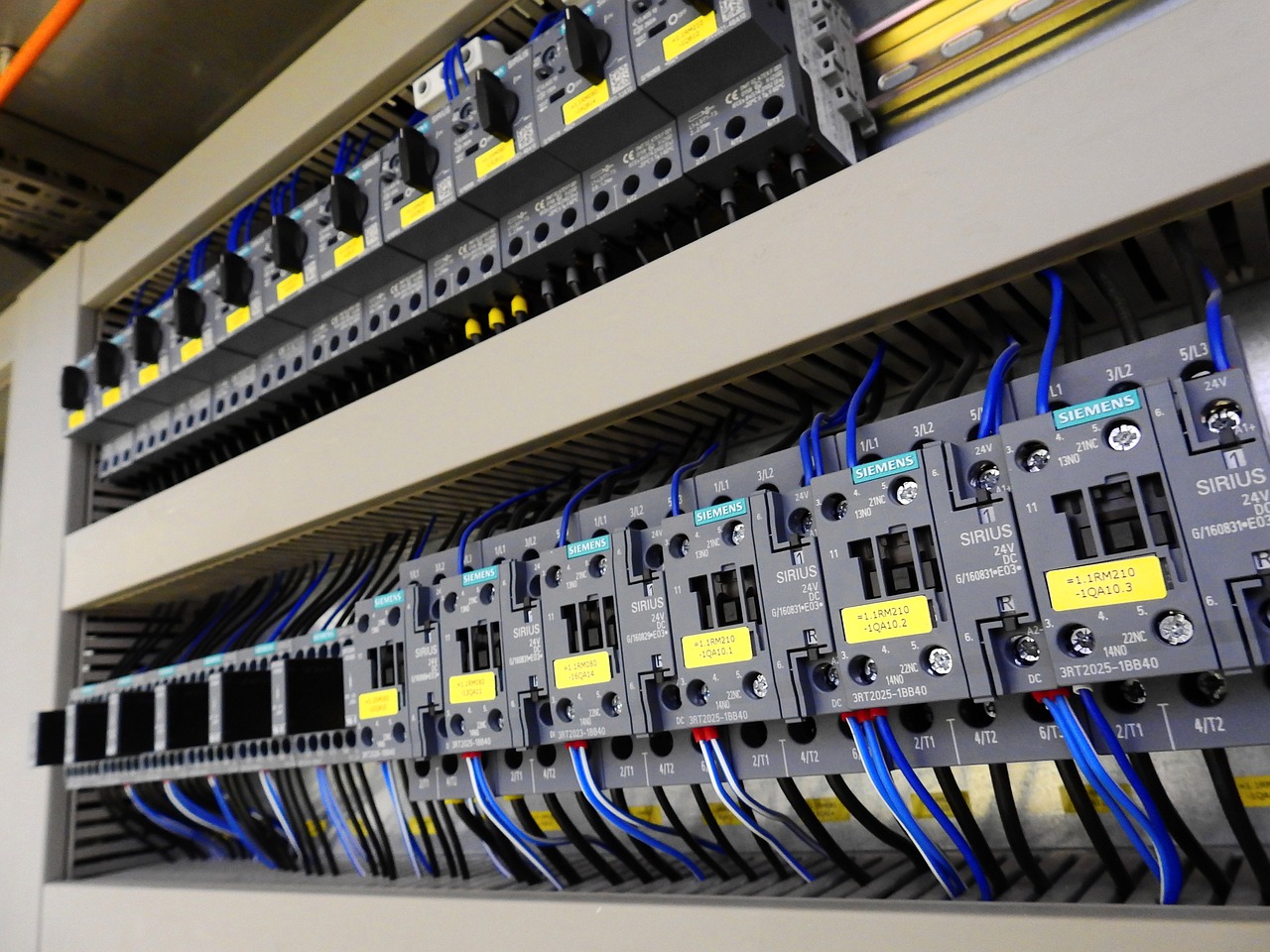PLC与专用控制器的区别
PLC(可编程逻辑控制器)和专用控制器是两种不同的工业控制设备。PLC是一种通用的控制设备,具有强大的编程和灵活性,可以实现各种复杂的控制逻辑和算法。而专用控制器则是针对特定应用而设计的,具有更高的性能和精度,但通常只能在特定的应用中使用。PLC通常用于控制各种机械设备、生产线和自动化系统等,具有广泛的应用范围。它们可以通过编程实现各种控制逻辑,例如顺序控制、循环控制和条件控制等。而专用控制器则通常用于控制需要高精度和高效率的应用,例如机器人控制、数控系统和自动化生产线等。这些控制器通常需要根据特定的应用需求进行设计和制造,因此具有更高的性能和精度。PLC和专用控制器各有其优点和适用场景。PLC具有强大的编程和灵活性,适用于广泛的应用范围;而专用控制器则具有更高的性能和精度,适用于特定的应用需求。在实际应用中,需要根据具体的需求和场景选择合适的控制设备。
In the industrial automation industry, two major types of controllers are commonly used: PLC (Programmable Logic Controller) and dedicated controllers. Each type has its own unique features and advantages, making it suitable for different applications. This article will explore the key differences between PLC and dedicated controllers to help you choose the right controller for your specific needs.
1、Programming and Configuration
PLC controllers are designed to be highly flexible and easy to program. They typically come with a user-friendly interface that allows operators to quickly configure and implement new control algorithms. The programming language used in PLC is often ladder logic or structured text, which makes it accessible to a wide range of engineers and technicians. By contrast, dedicated controllers are designed for specific applications and are typically much more difficult to reprogram or configure. They often have a fixed set of control algorithms that cannot be easily modified.
2、Cost and Performance

PLC controllers are generally less expensive than dedicated controllers. This is because PLCs are mass-produced and have a standardized design that can be easily replicated. Additionally, PLCs are designed to be easy to use and maintain, which further lowers the overall cost of ownership. However, it is important to note that the initial cost of a PLC system may be higher if it needs to interface with a large number of sensors or actuators. On the other hand, dedicated controllers are often built to meet the specific performance requirements of a particular application. They may include specialized hardware or software that ensures optimal performance but at a higher cost.
3、Scalability and Expandability
PLC controllers are designed to be scalable and expandable. They typically have a modular design that allows new modules to be added or existing ones to be replaced without affecting the rest of the system. This makes it easy to upgrade or expand the capabilities of a PLC system as needed. By contrast, dedicated controllers are often designed for a specific application and may not have the same level of scalability or expandability.
4、Reliability and Availability
PLC controllers are designed to be reliable and available. They typically have a high level of fault tolerance and can continue to operate even if some of their components fail. Additionally, PLCs are designed to be easy to diagnose and repair, which further enhances their reliability and availability. On the other hand, dedicated controllers may not have the same level of reliability or availability. They may require more complex maintenance procedures and may not be able to continue operating in the event of a failure.
In conclusion, PLC and dedicated controllers each have their own unique advantages and disadvantages. The right choice for your specific application depends on a number of factors, including programming requirements, cost, performance, scalability, and reliability. By carefully considering these factors, you can make an informed decision that will help you achieve your automation goals.
Articles related to the knowledge points of this article:
The PLC Controller in Modern Combat Aircraft
PUTIAN HUI CHUAN PLC CONTROLLER